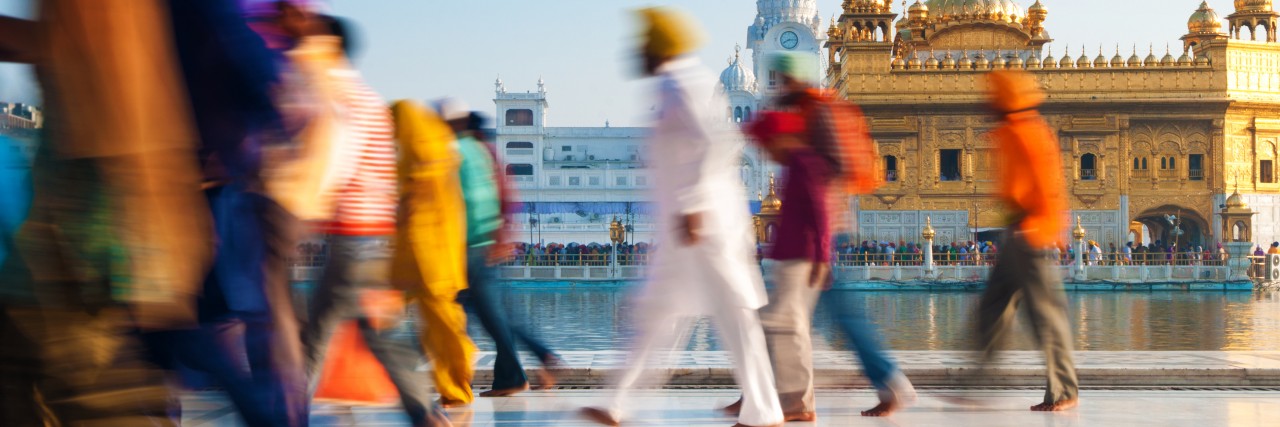Why is it so difficult for people to understand mental illness is real? Why is it such a shock to learn an actual person might be struggling with some form of mental illness, especially in India? I have been pondering on it for a while now.
I’m from India and I have bipolar disorder, major depression, anxiety and post traumatic stress disorder (PTSD), all of which are more than society can accept. I have heard a lot of criticism for the way I am, for the reasons I don’t go out and socialize, for not being who society wants me to be.
There is a general air of ignorance among all “normal” people around me. But it’s not just them. This general air of ignorance also spreads among people who are struggling with mental illness. It is the truth.
Recently, I tried to start a campaign for my cause where people would take selfies, write a hopeful message on it and post it on social media with the hashtag #DontLoseHope. I got the idea from another campaign called #ItsOkayToTalk, which was brilliantly done and spread a lot of suicide awareness among men.
I really hoped people would come together to erase the stigma attached to mental illness in our society by being part of this campaign, but that didn’t happen. I created an event on the page, I posted on Twitter and Instagram. No one came forward to accept the invitation.
I didn’t expect this to happen because there are people who are actually struggling. I thought they would share where there is an ear to listen to them. I was proved wrong.
It’s hard to for people to accept themselves as they are. It is even worse in India, where no matter what’s being said to you, you just silently take in. There is no “team effort” and not a single reason for them to come out and act as a participant in something that might make a difference in the world.
There are people who hold more power than celebrities on Twitter, but I’ve never found anyone who would actually help me spread the word about Hope Is Good. Many people will talk about traffic, the food they are eating, how much sleep they got the night before and outrage about the news. But they won’t talk about stigmatized mental illness.
Is everyone happy who is talking constantly on social media? The people who chirp all day on Twitter, do they go back home, go to sleep and the next day it’s the same as any other day? I know people who are struggling, but they would rather suffer in silence than talk about what’s going on.
I have been trying to get the message across to others for a very long time, but it has hardly worked. It feels like people here are busy faking their good lives rather than accepting the existence of mental illness.
This is the reason it is so hard to spread awareness here where awareness is needed more than anything. I have been trying and I will keep trying, but even in this age, where any news goes viral instantly without much effort, I find myself disappointed with people.
Let’s hope my efforts bring about a change in how this society works. I’ll never stop trying.
Image via Thinkstock

